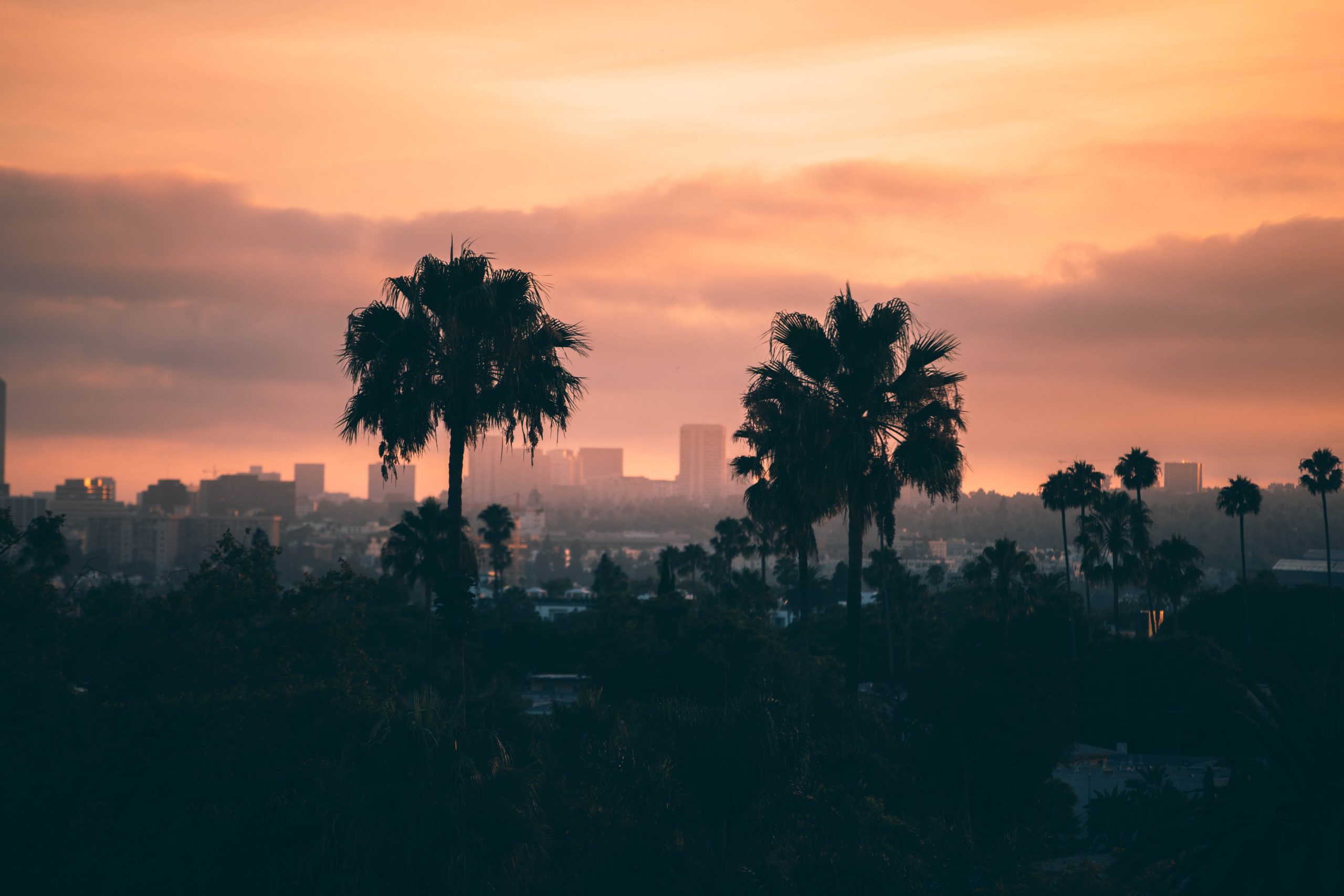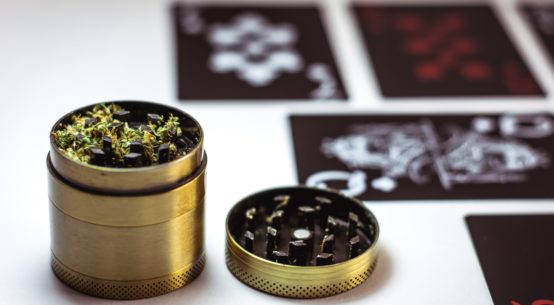
I visit LA regularly, but I struggle to adequately explain the differences that city’s cannabis scene has with Oregon’s, or even the Bay Area.
In October 2017, I wrote a column about shopping at LA dispensaries shortly before California instituted their legalized recreational program. Even then, I wasn’t able to get across just how many dispensaries I had to choose, even taking into account the sprawl that is Los Angeles.
There was also a very distinct raised-middle-finger attitude, as well as clear suggestions that regulators and enforcement agencies were welcome to consume oversized portions of male reproductive organs in relation to non-compliant (AKA illegal) cannabis sale activities.
I still recall trying to explain to one such dispensary owner the strict adherence by virtually all Oregon dispensaries to OLCC dictates, and her bafflement as to why. But a recent story illustrates both these matters nicely.
Merry Jane reports how officials in Los Angeles have gone to extreme lengths to deal with these dispensary scofflaws, and how it’s resulted in underwhelming results. They cite a piece in the LA Times that looked at how widespread the issue is to an astounding degree.
The Times estimated there are more than 200 illegal dispensaries operating within the city limits, in addition to a total of 182 dispensaries permitted to legally sell cannabis within the city.
Lacking the funding and enforcement to serve arrest warrants and shut down each illegal dispensary, the city undertook a program to shut off the water and electricity to 90 of the alleged illegal shops over a two-month period.
In other words, weed dealers outnumber the LAPD, so they have to assemble the Utility Services Avengers to defeat them.
But as the Times piece puts it, “Although the utility shutdowns have disrupted some operations, many businesses have also simply reopened after obtaining an external generator,” while others “returned under different names, sometimes at the same location.”
The boldness of the shop owners is largely due to the limited penalties for slinging the untaxed sacks.
An illegal cannabis sale is considered a misdemeanor in LA, making the risks solely financial, and without the threat of jail time.
These shops can sell products for a fraction of what licensed shops have to charge, and are obviously tax free—the current tax for legal weed in LA is 25 percent.
There are complaints that consumers are finding these shops via the popular app Weedmaps, which, the Times reports, lists any shop selling cannabis, regardless of being legal and licensed.
In addition to the lost tax and licensing revenue, the Los Angeles City Attorney points out that as there are no testing requirements for products sold at these shops, and “that it’s just not worth the risk to go to an unpermitted location because they don’t test their product and God knows what’s in their product.”
He’s not playing about that concern, having recently sued a South Central dispensary that was selling products with a fungicide on them.
South Central LA is where authorities have shifted their innovative enforcement; long-time communities of color like South Central have borne the worst of the War on Drugs.
It is communities exactly like these that (the Times writes) are being underserved by promised social equity programs designed to make it easier to open legal dispensaries.
“Many involved in the cannabis industry also have expressed frustration that regulators have been slow to approve dispensary permits—especially those that would fall under a social equity program meant to allow members of communities most affected by criminal marijuana enforcement to get into the legal market.”
Officials responds that they have plans to issue an additional 250 dispensary licenses, but not until September at the earliest. A recent increase in the founding of the office which will support the Social Equity program will hopefully fastback those license applications.

